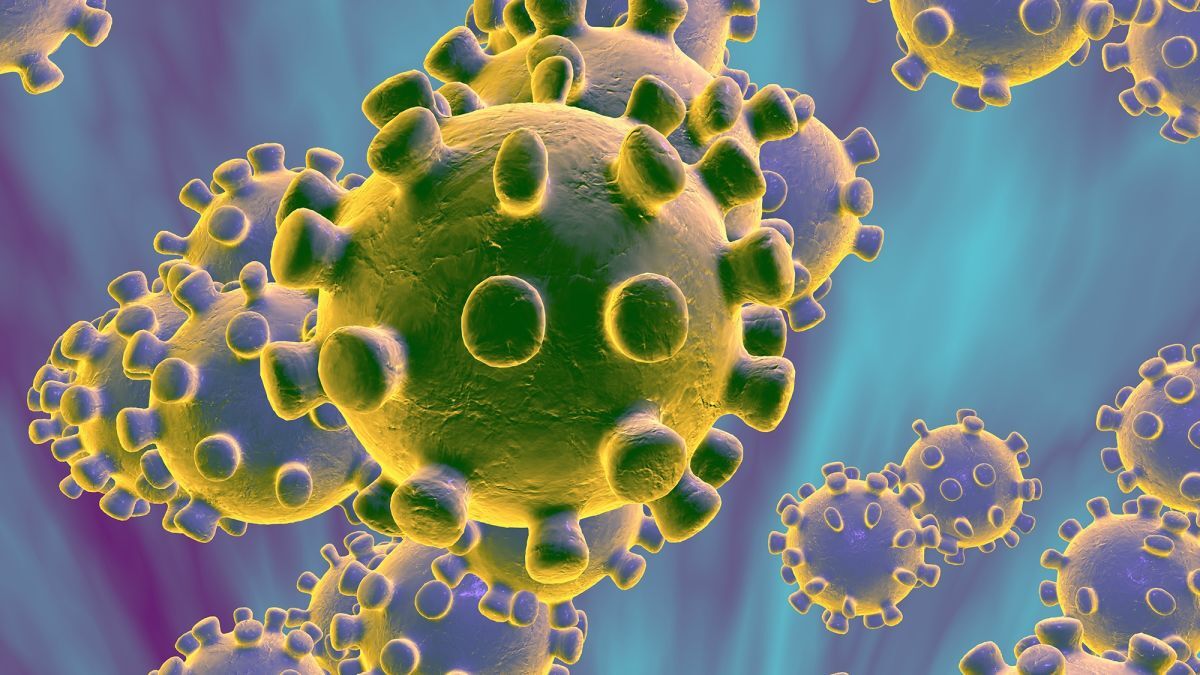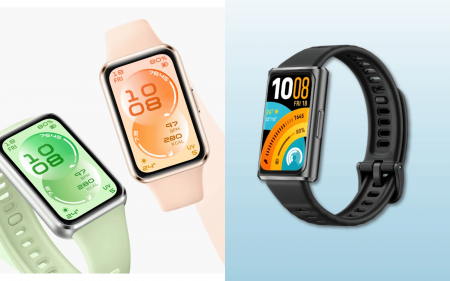An interactive map developed by Johns Hopkins Centre for Systems Science and Engineering (CSSE) is currently the most accurate and informative tool for tracking the spread of the coronavirus around the world. Providing real-time statistics on current infections as well as life-time data on the virus, it’s not only informative but interesting.
![]()
There’s plenty of panic bustling about the place right now, we get that. These are scary times, the sort of scenario we’re used to seeing in movies, and the fact that people are selling face masks (that aren’t actually all the helpful) for exorbitant amounts of cash certainly doesn’t make things easier for anyone.
Yet while the Internet may not be able to stifle the spread of the virus, what it can do is provide us with a little more information if you know where to look. There’s a lot of less-than-accurate sites spreading untruths about the coronavirus so we’re here to point you in the correct direction.
If you want the best means of tracking the spread of the coronavirus your best bet is going to be right here, a site set up by Johns Hopkins University’s Centre for Systems Science and Engineering that is consistently updated with live updates on the spread of the virus. The interactive map lets you hone in on specific areas and provides detailed statistics on infection rates, death rates and, most importantly, recovery rates which are astronomically higher than recorded deaths.
Discovery is also offering plenty of vital information regarding coronavirus, including several well-detailed FAQs, plenty of medical and scientific resources for some deeper diving and even a live tracker of the virus with daily summaries and statistics. It’s a very text heavy site though so bear that in mind if you’d rather deal with something less visually intense.

Beyond Johns Hopkin’s tracking website, if you want a little more information on the chronology of the coronavirus, you could also check out this site set up by Harvard and Boston’s Children’s Hospital. While not as in-depth as Hopkins, the site itself has a simple little animation which tracks the spread of the virus around the world.
While all this information is good to know and important for keeping panic in check, some people are going to want more tangible methods to protect themselves. Just this morning, Lancet Laboratories announced that South African citizens can now receive private coronavirus testing at a cost of R1200. It’s also worth noting that just a couple hours ago, it was announced that the Grayston Preparatory School has temporarily closed it’s doors after it was confirmed that one of the educators was in contact with the person who has contracted COVID-19.
It’s a strange time in South Africa at the moment but the most important thing to remember is that technology is both your friend and your enemy with all the chaos swarming around the world. Always check your sources for validity and confirm every story, not just the ones that seem outlandish. Stay frosty out there, buckaroos.



